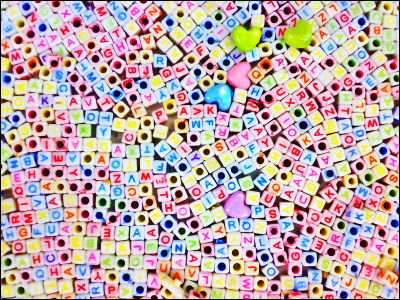What do experts say about the future of AI fiction translation?

As AI, which can generate text and images, summarize text, translate text, and perform other advanced tasks, advances rapidly,
Translating fiction: how AI could assist humans in expanding access to global literature and culture
https://theconversation.com/translating-fiction-how-ai-could-assist-humans-in-expanding-access-to-global-literature-and-culture-245320

In November 2024, Veen Bosch & Keuning (VBK), the largest publisher in the Netherlands, revealed that it had experimented with using AI to translate novels from Dutch to English. VBK made it clear that it had obtained permission from the authors to use AI and that only some parts of the translation process would be left to AI, with the rest being handled by humans, but it has received strong opposition from some writers and translators. In addition, Shogakukan announced a project in August 2024 to translate light novels using AI and distribute them in North America, but at that time, there were also objections such as 'I don't think AI can reflect the subtle nuances of Japanese used in the story.'
'These kinds of discussions are interesting to me,' said Mia, whose research focuses on the intersection of art, ethics, technology and culture. Mia has previously published a book on the ethical foundations of the metaverse and a paper on the use of machines and AI to augment human capabilities.
A common criticism in the field of fiction translation is that translating language with its complex nuances and emotional overtones is the domain of skilled human translators. The backlash against the decision to use AI for book translations raises a core concern: that AI could take precedence over human efforts, Mia said.
In fact, problems often arise when translating fictional texts with AI. In literature, it is not just the text that is important; cultural background, connections with other texts, which character's lines are spoken, and the author's unique color are also important factors. Therefore, even if there is an AI that can translate perfectly without making mistakes, only a human who understands both language and culture can translate accurately without losing the core of the story.

On the other hand, machine learning has made incredible progress in language understanding. It is still difficult to pick up and translate all the correct nuances of the original work like a human translator, but if we can use AI translation to expand access from many cultures and different languages, books that have not been translated before will become accessible to everyone. Mia said, 'It is unrealistic to learn all languages and read all books. However, if it is not a work from a major publisher or a big hit, it may not be translated into your native language and be difficult to access. For people who may not have had the opportunity to be exposed to literature before, it is morally problematic to withhold AI translation.'
Mia pointed out that the vision for the future is to use AI to promote literature while at the same time evaluating and maintaining the cultural understanding, insight, and artistry of human translators, and to cooperate with the development of AI to expand the scope of literature. Simply resisting the rise of AI will hinder cultural development, but if AI were to replace human translators in an uncontrolled manner, much would be lost. It is necessary to balance the evaluation of both and explore the vast possibilities that new technology brings.
Related Posts:
in Software, Posted by log1e_dh







